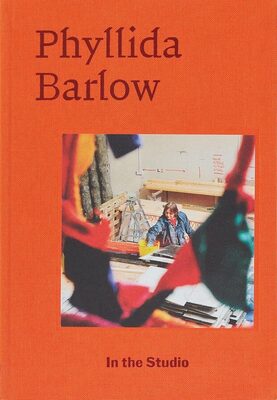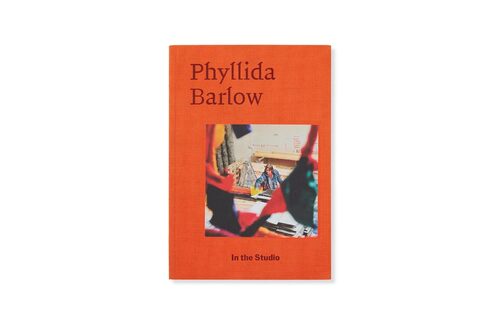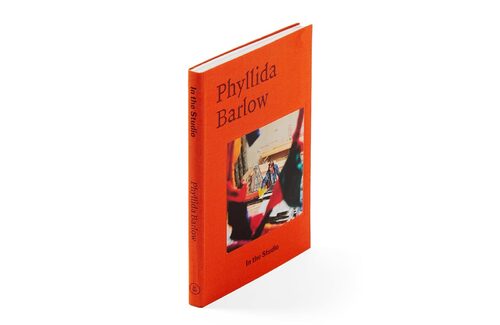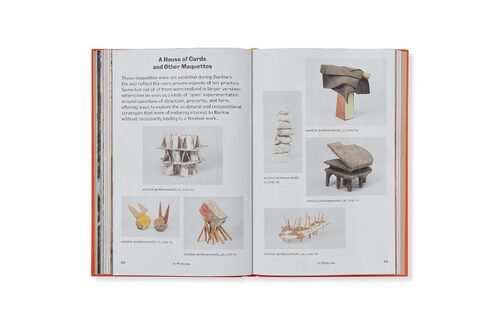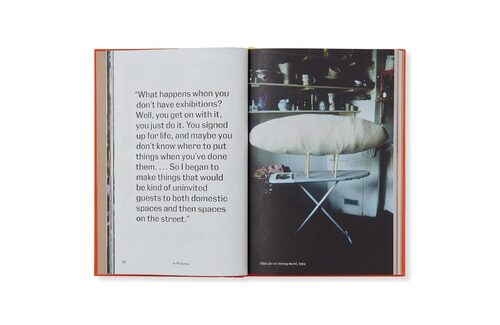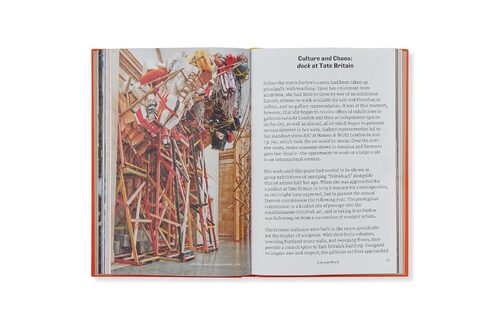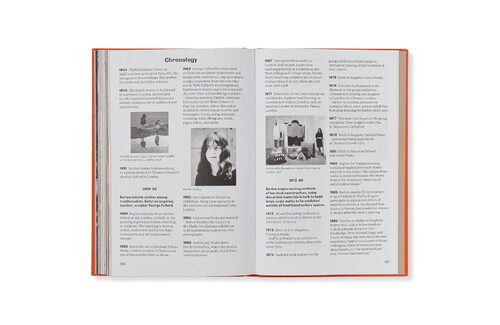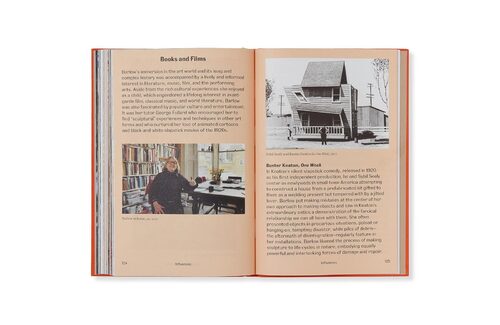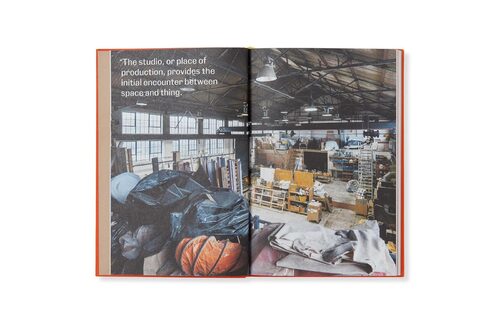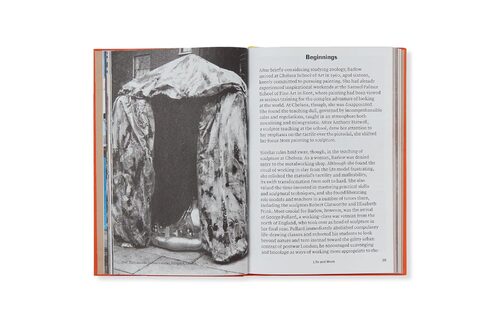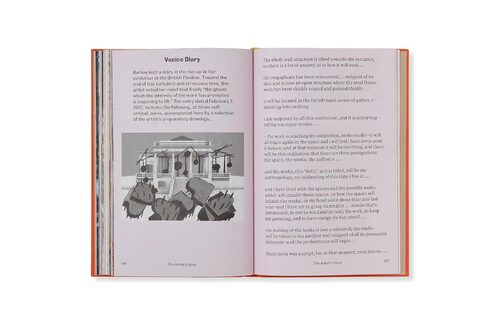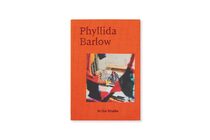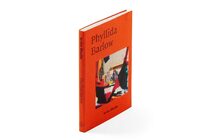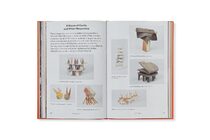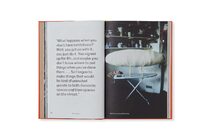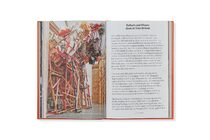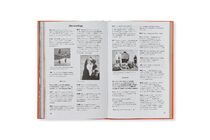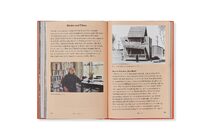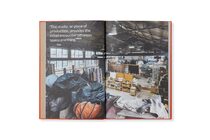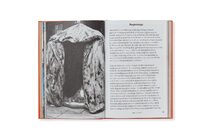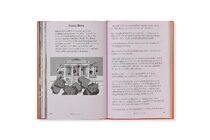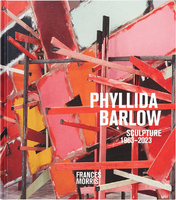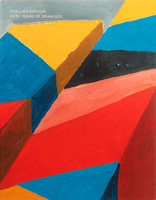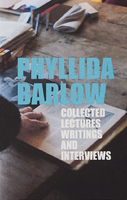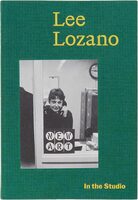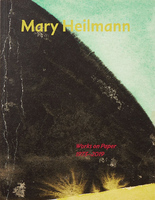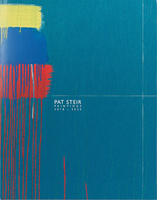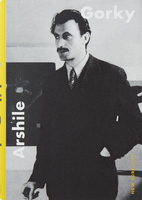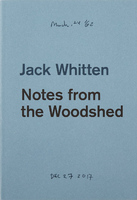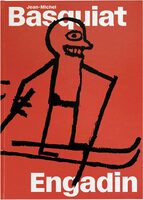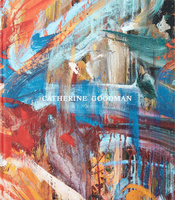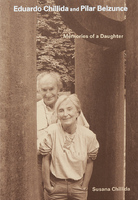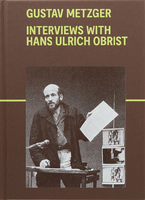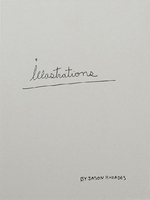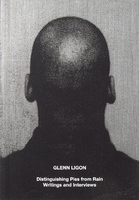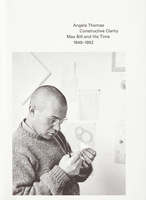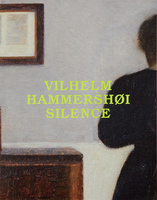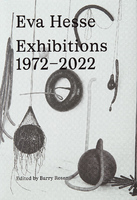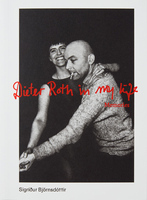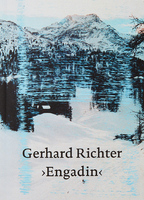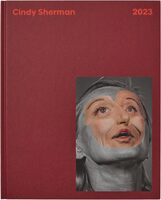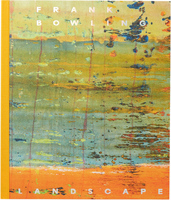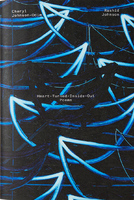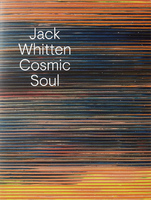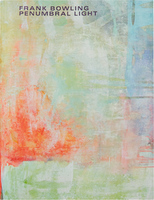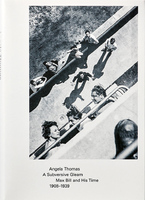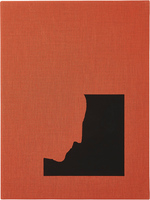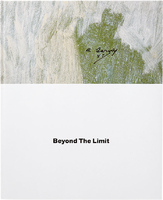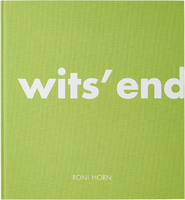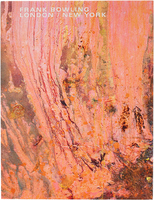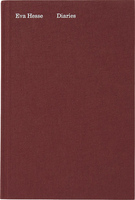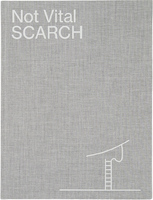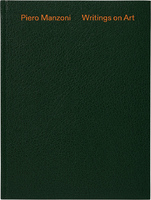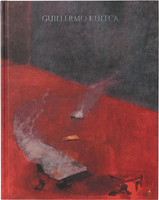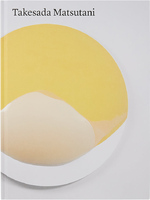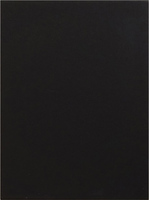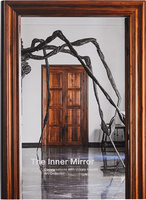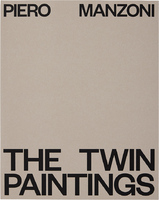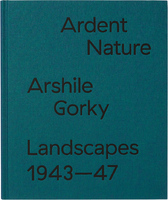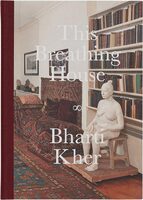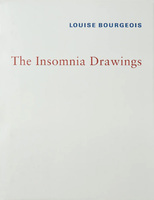出版社
其他資訊
- Softcover
- 148 pages
- 129 x 187 mm
- ISBN 9783907493038
- English
- Apr 2025
Go behind the scenes of Phyllida Barlow’s extraordinary work in this essential guide to her practice, one of the two inaugural volumes in a new series from Hauser & Wirth Publishers.
British artist Phyllida Barlow is renowned for her transformative approach to sculpture, creating restless, invented forms that challenged audiences into a new relationship with the sculptural object, the gallery environment, and the world beyond. In this generously illustrated and accessible guide to Barlow’s life and work, curator Frances Morris explores the development of Barlow’s work and the behind-the-scenes of her process: the making, unmaking, and remaking, chance, mishaps, and changes of mind through which the artist produced her pioneering works of art.
Combining Morris’ expert insights with a timeline of Barlow’s life and career and never-before-seen archival images and details, 'In the Studio: Phyllida Barlow' is an excellent resource for both newcomers and those familiar with Barlow’s groundbreaking work.
For almost 60 years, British artist Phyllida Barlow took inspiration from her surroundings to create imposing installations that can be at once menacing and playful. She created large-scale yet anti-monumental sculptures from inexpensive, low-grade materials such as cardboard, fabric, plywood, polystyrene, scrim, plaster and cement. These constructions were often painted in industrial or vibrant colors, the seams of their construction left at times visible, revealing the means of their making.
Barlow’s restless invented forms stretch the limits of mass, volume and height as they block, straddle and balance precariously. The audience is challenged into a new relationship with the sculptural object, the gallery environment and the world beyond.
'There’s something about walking around sculpture that has the possibility of being reflective, like walking through a landscape,' Barlow has said. 'The largeness of sculpture has that infinite possibility to make one engage beyond just the object itself and into other realms of experience.'
Barlow exhibited extensively across institutions internationally and in 2017 represented Britain at the Venice Biennale.
出版社
其他資訊
- Softcover
- 148 pages
- 129 x 187 mm
- ISBN 9783907493038
- English
- Apr 2025
